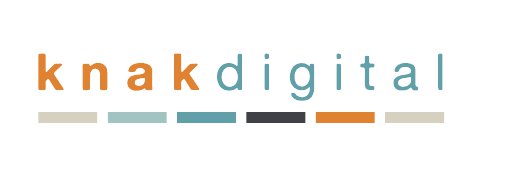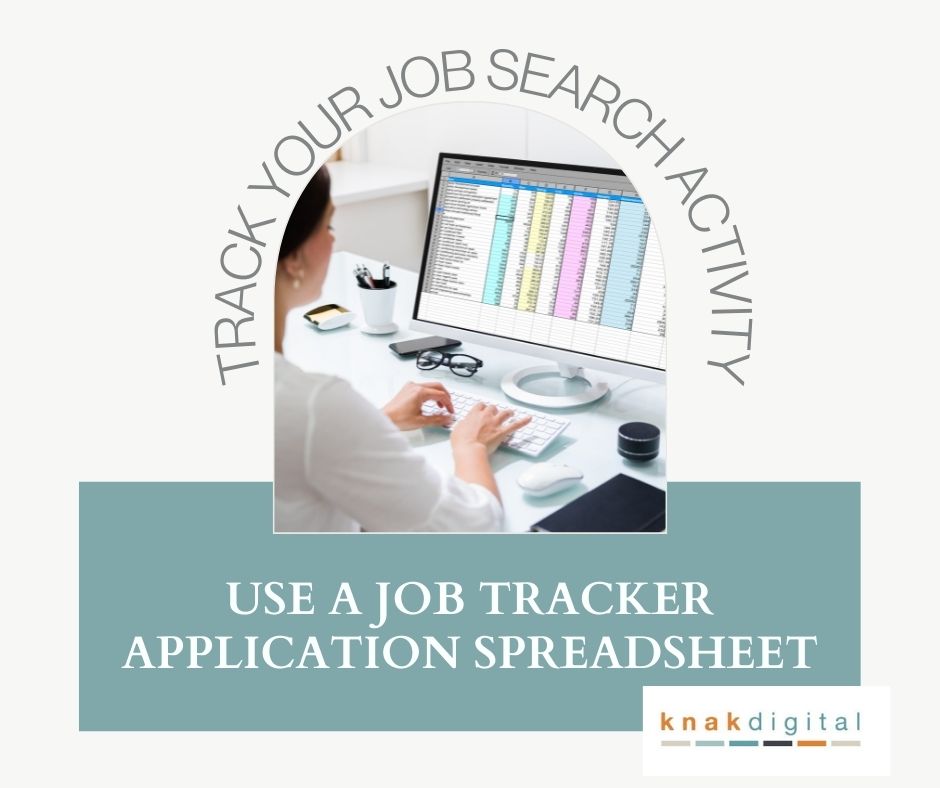Whether you are casually open to career growth opportunities or your job search is kicked in high gear, it’s important to stay organized with your job search activity.
Several weeks back, I emailed a job applicant who had submitted their resume through my portal. I requested a time to schedule a discovery call.
The response:
“Can you remind me again what job I applied to?”
So much for attention to detail.
It’s easy to lose track of what companies you have applied to, especially if you are utilizing “Easy Apply” or have adopted a quantity-over-quality strategy.
There is a solution? Utilize a custom tracking spreadsheet.
I’m always impressed when a job seeker cites their master spreadsheet to cross-reference where he/she has already applied in comparison to the searches I am conducting for my clients.
Here are ideas of fields that you can include in your spreadsheet:
- Company name
- Job title with URL
- Salary range if given in job description
- Date you applied
- How you applied (email, portal)
- Interview (who interviewed)
- Potential hiring manager (research through LinkedIn or Company website)
- Your follow-up
How else can you use a tracker beyond job application activity? Use this in your initial career planning stage to map out target companies.
You can build your own custom spreadsheet or use these resources below 👇👇:
- Huntr is an app (and Google Extension) that keeps track of every detail about your job applications – notes, dates, tasks, job descriptions, salaries, locations, company data and more.
- Jobscan has a free job tracker Google Sheet Doc
- The Muse created this customizable Google Sheet that includes 3 interviews and proficiency test fields
- Teal offers a Chrome Extension

